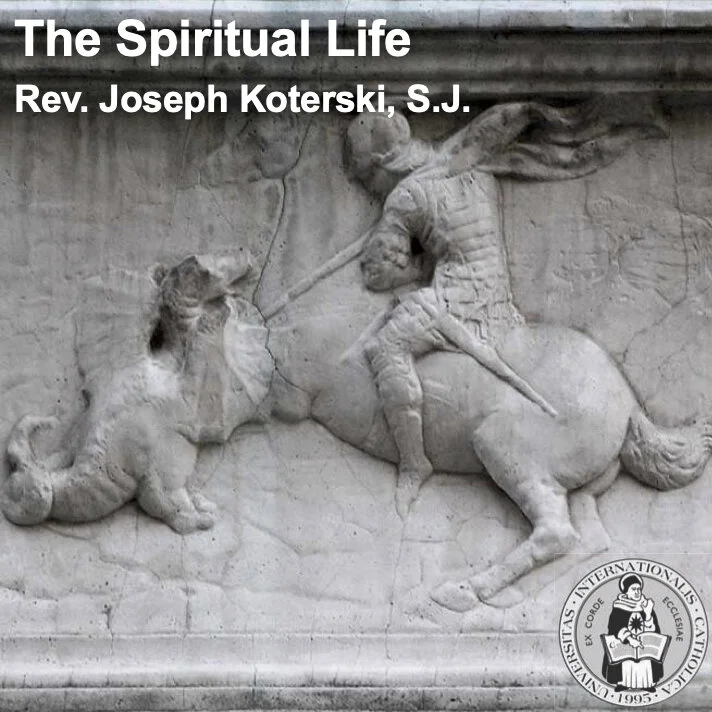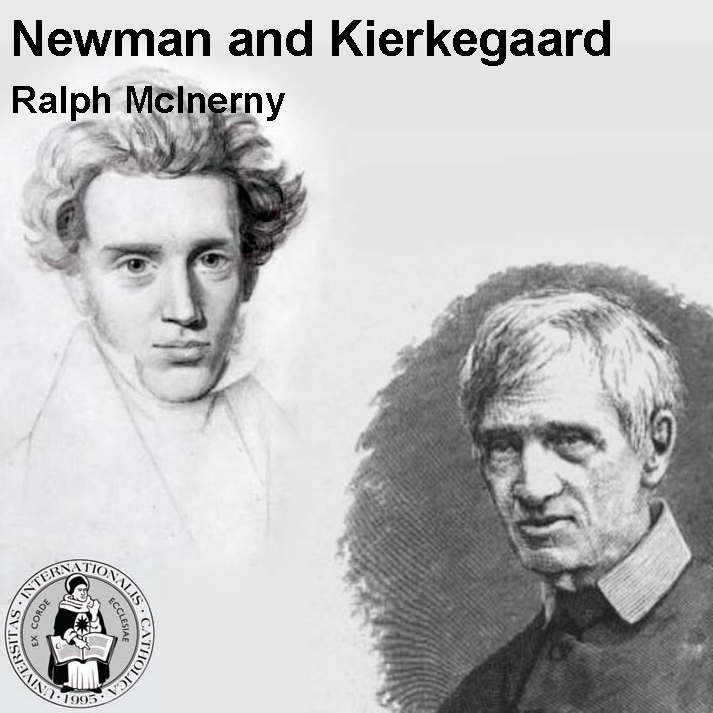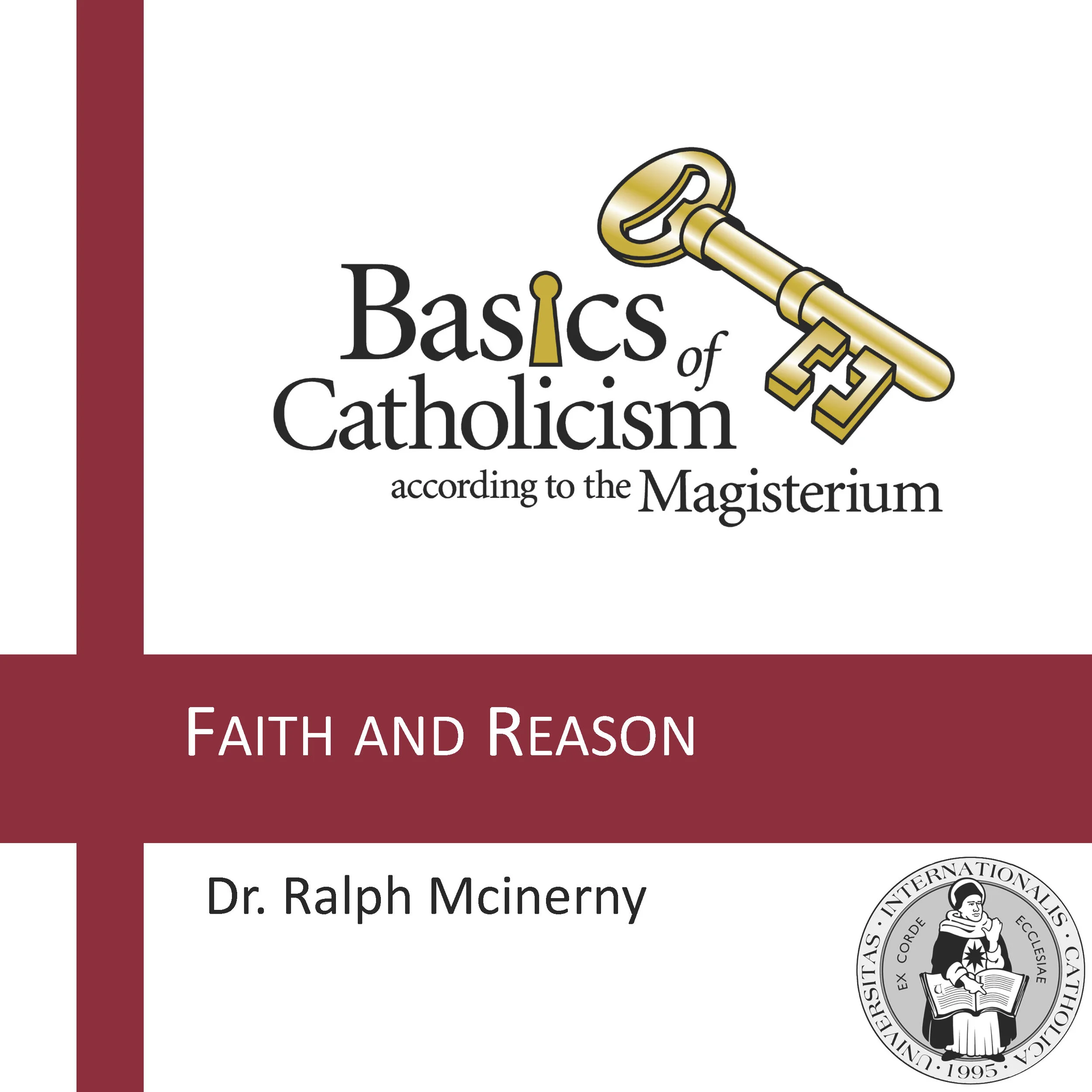On Veritatis Splendor
Rev. Joseph Koterski, S.J.
This series of lectures examines the context and content of Veritatis splendor, the encyclical by St. John Paul II on fundamental moral theology. As is typical of the Catholic approach, Veritatis splendor attempts to integrate faith and reason by using both revelation and philosophical argumentation to answer the important questions of morality.
Accordingly, this lecture series examines the pope's use of the story of Christ's encounter with the rich young man to discuss some of the basic concepts of moral theology, and to honor Vatican II's call for moral theologians to use the Scriptures pervasively and not just to cite biblical passages out of context for the confirmation of ethical positions arrived at by other means.
This series also reviews the insights of John Paul II about four major areas of concern: freedom and law, conscience and truth, the proper way to provide a moral analysis of a deliberate human act, and the role of teleology in moral matters. These lectures call attention to the distinctions that Veritatis splendor makes between authentic and inauthentic notions of freedom, conscience, the moral object, and teleology.
Finally, these lectures consider the pastoral dimensions of Veritatis splendor. In particular it examines Pope John Paul II's reflections on holiness and martyrdom, in the service of the truths about morality. Throughout this series of lectures, there is an effort to define important terms, to show the patterns of the pope's arguments, and to bring out the significance of the encyclical's reflections for understanding the distinctively Catholic position in moral theology.
On Veritatis Splendor is now available at www.TCTCourses.org.
30-minute lectures
Introduction
Structure of the Encyclical
Preface (§1 - §5)
Chapter One: The Pope’s use of the story of the rich young man
Chapter One: Christology in Moral Theology
Moral Theology and the Four Senses of Scripture
Chapter Two: Preface and Section 1: Truth and the Moral Law
Two Senses of Autonomy
Objections and Replies
Chapter Two, Section 2: Two Senses of Conscience, Its Proper Relation to Truth
Chapter Two, Section 3: Fundamental Choice and Specific Kinds of Behavior
Chapter Two, Section 4: The Moral Act
Consequentialism and Proportionalism
Teleology (Good & Bad), Considering Consequences
Chapter Three: Pastoral Considerations. Morality and the Cross of Christ
Martyrdom and Witness






